When
to
February 09 2022 - 15:00
Where
Online
United Kingdom
About the Event
.
Summary
How research is communicated should be of the greatest importance to academics, their organisations, funders, journals and the media organisation. Ultimately it should be of the highest importance to policy makers and society. Yet, in a world where research is increasingly published Open Access there is still a failure to include all of the relevant pieces of information, such as links to the research paper, especially on a local level.
Those working in the publishing, media communications, library and journalism sectors share common ground and would benefit from a greater understanding of how they could benefit by their greater collaboration. Librarians and journalists both work to analyse and deliver factual information, yet that is undermined by missing out key elements that can underpin a news story, such as an article or funder link.
Academics looking to capture pathways to impact miss out on evidence if there is no audit trail relating to the coverage due to the lack of proper media coverage. Whilst Altmetrics can help this, it often fails to pick up mentions, due to the aforementioned problems. The lack of substantial evidence within a news story has the potential to generate fake or poorly reported news, which can have a damaging impact on research communication. It is much harder for a journalist to apply bias or cherry pick a piece of research if they have to cite a freely available research article or lay summary.
Click here to secure your place
Who should attend?
This seminar is aimed at journalists, librarians, publishers and communications professionals in universities and publishing.
Attendee Information
The webinar tool we use is Go to Webinar. To test your system ahead of time visit https://support.goto.com/webinar/system-check-attendee
Accessibility
UKSG wants to provide the best possible experience for all our delegates, making presentations as accessible and inclusive as possible.
Our intention were possible is to strongly encourage our speakers to provide auto generated closed captioning for both live and recorded events as well as to make sure their slides are as easy as possible for all people to read. In addition we can provide auto generated transcripts post event for each of the recorded sessions.
If you have particular accessibility needs or questions about this seminar/webinar, we welcome you to contact events@uksg.org
Programme
| Time |
Programme and Speakers
Programme
Speakers
|
|---|---|
|
10:00
|
Welcome and Introduction
Andy Tattersall
University of Sheffield
|
|
10:10
|
"A view from the other side: Communicating the science in a pandemic""The public communication of science has never been more important than in the past two years as the world grapples with a new biological threat. The COVID pandemic presented a rapidly expanding and evolving science coupled with significant scientific uncertainty. There has been much public and political hunger for information, as well as debate and misinformation, all amplified and polarized by social media. There is a story to tell, but the consequences of misinformation can have fatal consequences and cause considerable public harm. Andrew is Reader in Public Health at the University of Sheffield, and has been sought after by the media for his expertise in communicable disease control, including BBC News & Newsnight, Australian Broadcasting Corporation, the Guardian, El Mercurio and various radio channels. He will discuss an academic's perspective on science communication during the pandemic, lessons learned, and how academics and the media can work synergistically for the public good."
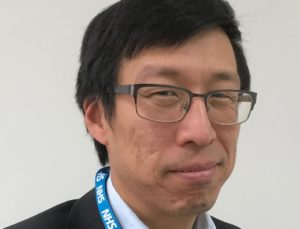
Andrew Lee
University of Sheffield
|
|
10:45
|
Meaningful media impact through science communication best practice: a publisher perspective“Good quality science communication can help research fly, enhancing public understanding and trust in the scientific process. In this session, Jodie outlines how the Taylor & Francis press office was established, grown and developed to become a centre of science communication best practice, and lessons that she and her team have learned to help research truly shine.” 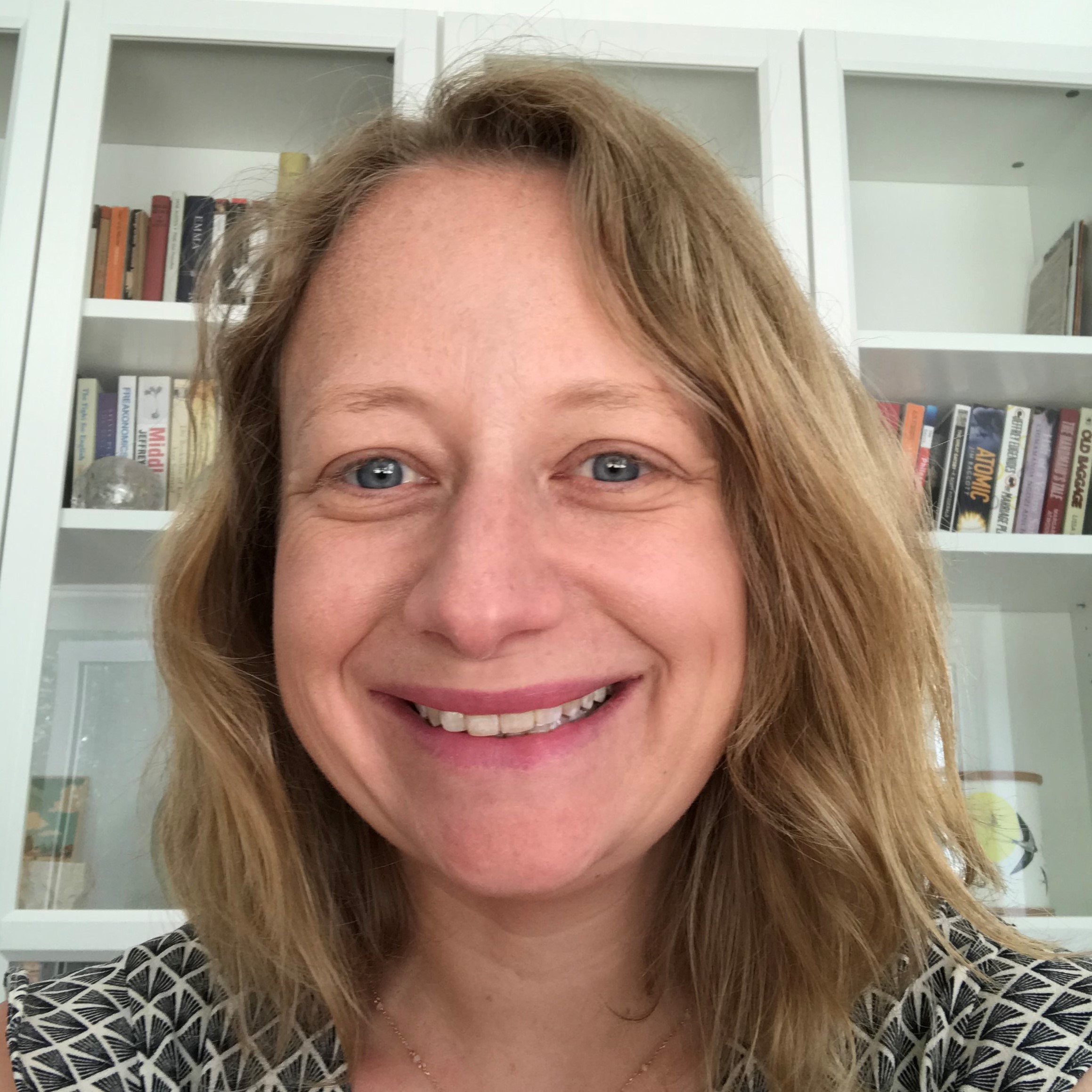
Jodie Bell
Taylor & Francis Group
Jodie leads the journals press office at global publisher Taylor & Francis, surfacing breaking research stories and disseminating them to major media outlets around the world. She has over 15 years’ experience in marketing and PR roles at both Taylor & Francis and Oxford University Press, and is a member of Stempra and the Association of British Science Writers. |
|
11:10
|
Break |
|
11:25
|
Getting it out there: A science journalist's perspective on communicating research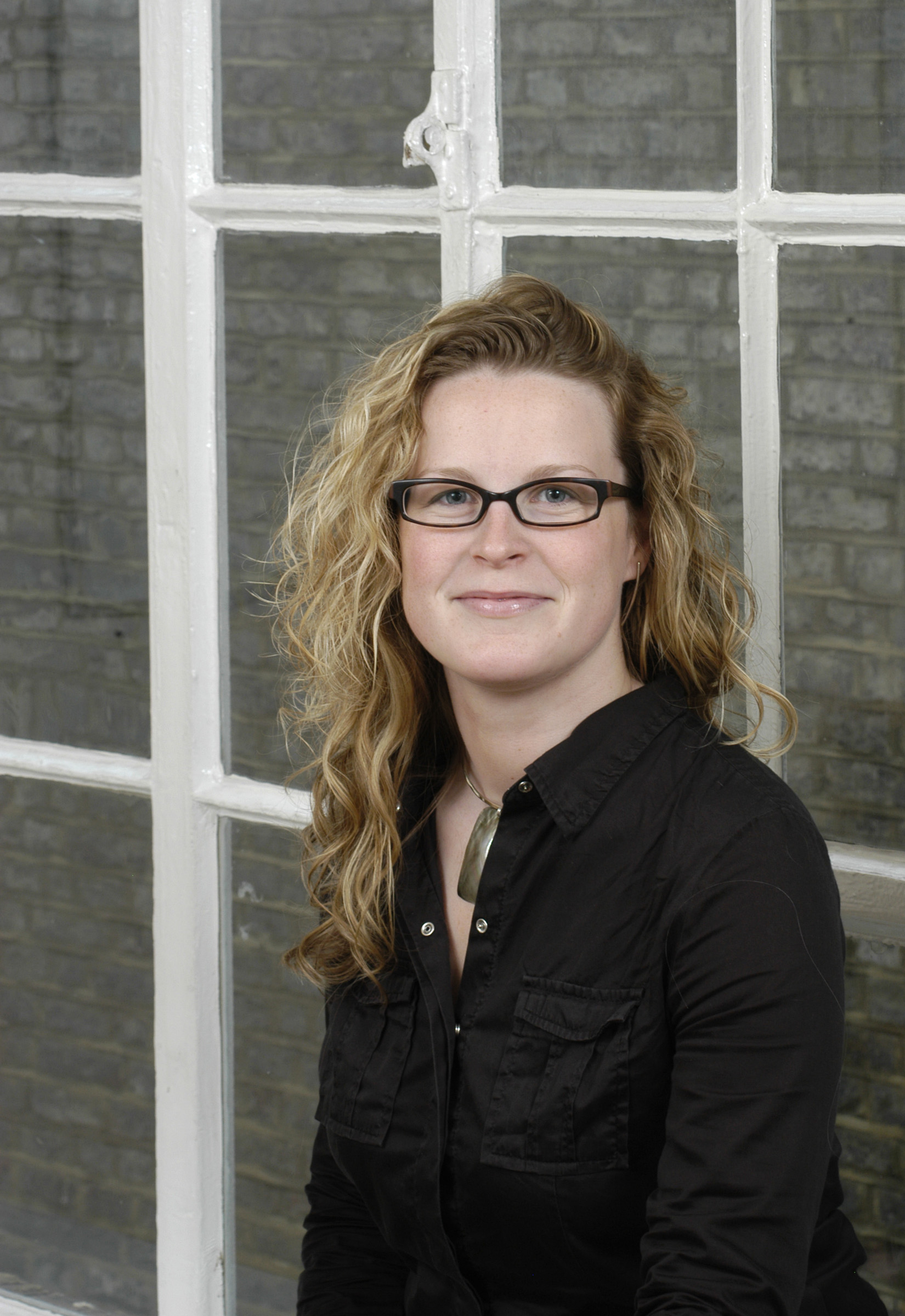
Flora Graham
Nature Briefing
Flora Graham writes the Nature Briefing, the influential daily email from the journal Nature. Flora was previously Digital Editor of New Scientist, and wrote for the BBC, CBC, and CNET, among others. She has appeared as a commentator on technology for news outlets in the UK, Europe and North America. As a speaker and chair, she has appeared at events at the Royal Institution, Imperial College and the Shanghai Science Hall. |
|
11:50
|
Fake News: Risks and Considerations of global conversations around research
Ben McLeish
Altmetric
|
|
12:15
|
Lunch |
|
13:00
|
The media and academics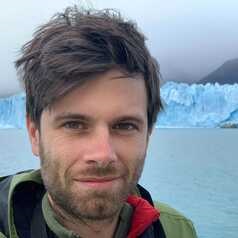
Will de Freitas
The Conversation
Will de Freitas helped to establish The Conversation in the UK. Previously, he worked on data projects for the Guardian's Global Development website, and for three years worked in ministerial offices at Whitehall. |
|
13:25
|
Presentation 5
Suze Kundu
|
|
13:50
|
Break |
|
14:05
|
The university press office during the pandemic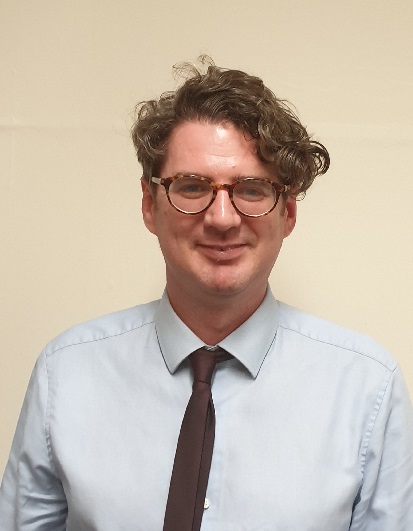
Shane Canning
University of Edinburgh
Shane is PR & Media Manager at the University of Edinburgh, covering the College of Medicine and Veterinary Medicine. He has previously worked in media and communications roles at the National Institute for Health Research, F1000, the Medical Research Council and BioMed Central. Prior to working in communications, Shane worked for many years in editorial roles in STEM publishing for BioMed Central and Future Science Group. |
|
14:25
|
Panel SessionHosted by Andrew Tattersall 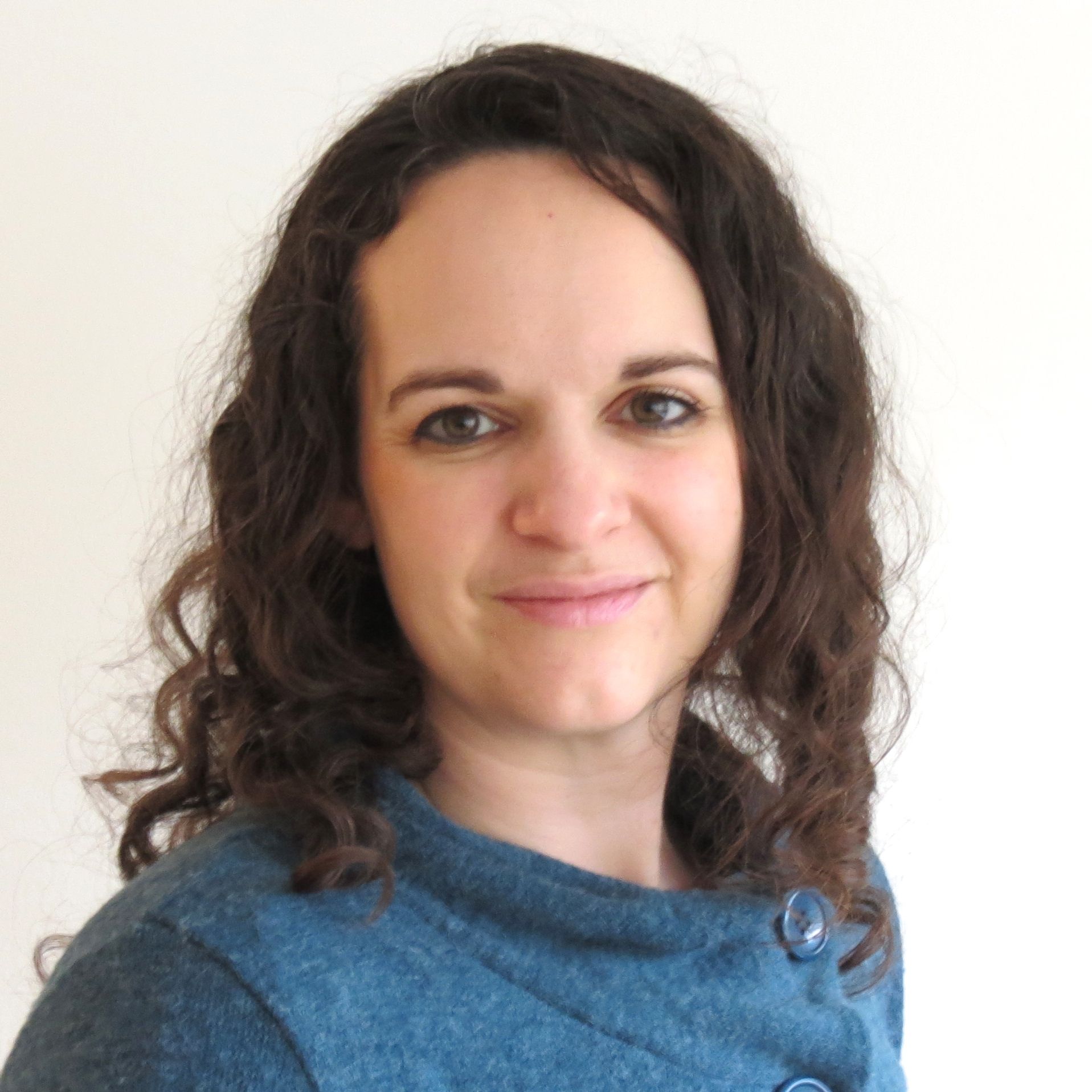
Charlie Rapple
Kudos
Charlie Rapple is co-founder of Kudos, which helps researchers, funders, publishers and institutions to accelerate and broaden the reach and impact of research. She is currently Treasurer of UKSG, and serves on the editorial board of UKSG Insights, as well as blogging in The Scholarly Kitchen . Past roles include Associate Director of TBI Communications and Head of Group Marketing for Publishing Technology. She holds a BA from the University of Bristol and postgraduate MDip from the Chartered Institute of Marketing.
Michael Taster
LSE Impact Blog
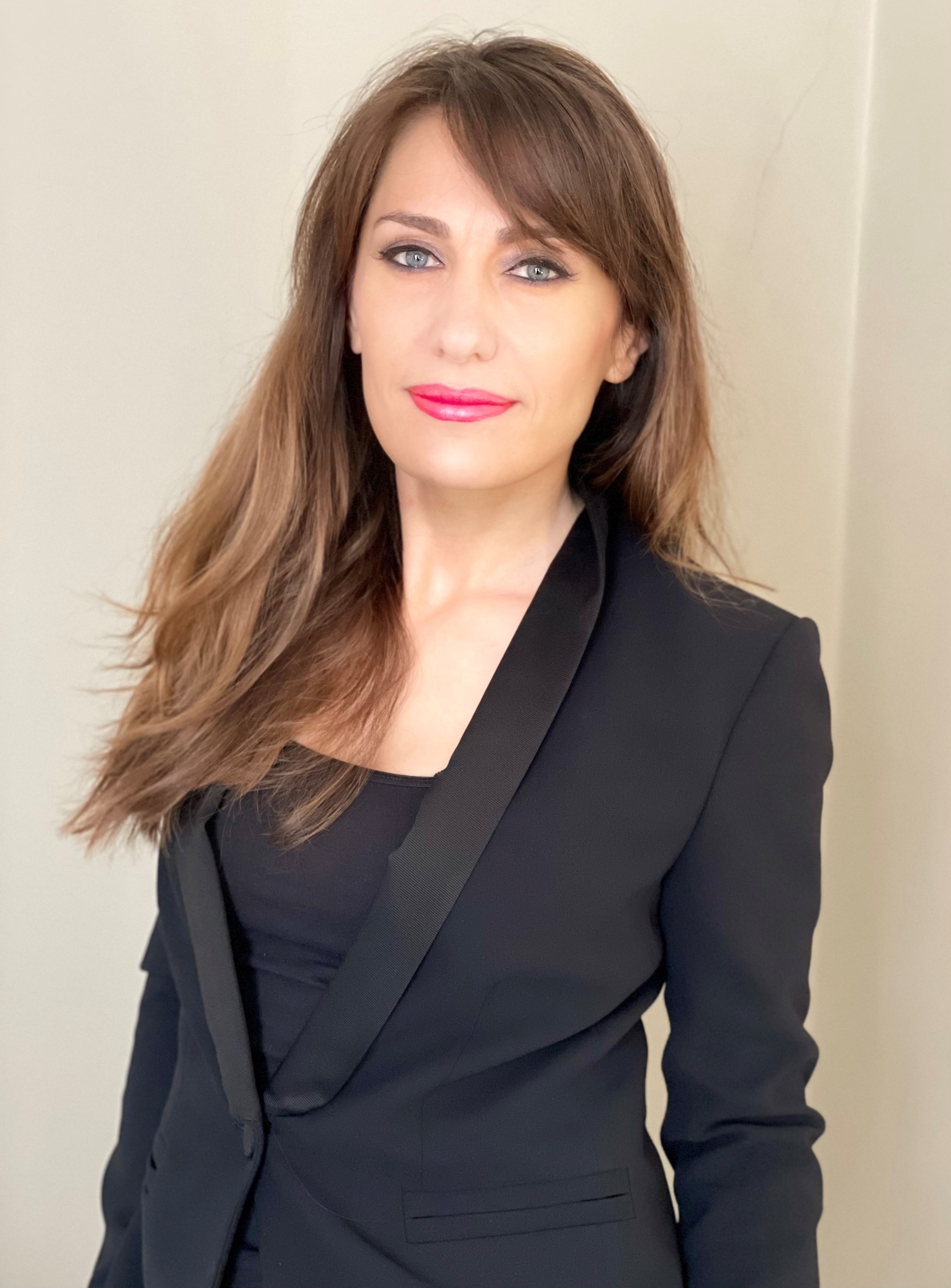
Alex O'Brien
Association of British Science Writers
Alex O’Brien is a science writer and board member of the Association of British Science Writers. Her work has appeared in NEW SCIENTIST, BBC, THE GUARDIAN, THE TIMES, SCIENTIFIC AMERICAN et al. Her debut nonfiction science book ‘The Truth Detective’ is out in Spring 2022. She lives in London. |
|
15:00
|
Summary and Close |
Registration
£ 60.00 + £ 12.00 VAT
UKSG Members
£ 72.00 + £ 14.40 VAT
UKSG Non-Members
NB: UKSG reserves the right to alter or vary the programme due to events or circumstances beyond its reasonable control without being obliged to refund monies.
Contact
General queries - events@uksg.org
Please take a look at our code of conduct
Cancellations
The closing date for cancellations is Monday 10th January, after which date cancellations will not be eligible for a refund. Cancellation should be sent into writing to events@uksg.org. All registrants will be sent a link to a recording after the event.
The UKSG code of conduct can be found here and UKSG terms and conditions here
NB: UKSG reserves the right to alter or vary the programme due to events or circumstances beyond its reasonable control without being obliged to refund monies.
